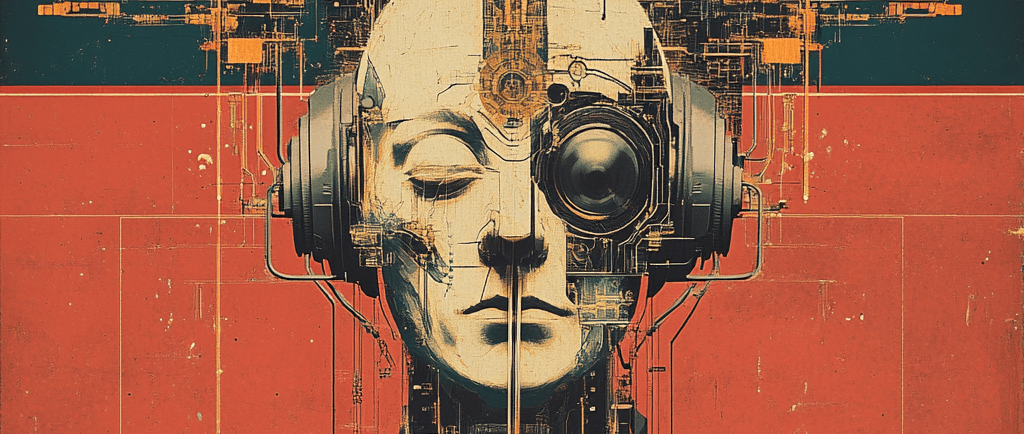First AI-Designed Theology
A religious text is written entirely by an AI.
TIMELINE


I stumbled upon an article the other day that left me with a flurry of emotions. The notion that an AI could write a religious text was both thrilling and terrifying. I found myself pausing, imagining a world where faith, spirituality, and the divine could filter through lines of code. How surreal is that? What would it mean for our understanding of the sacred?
I can’t help but get drawn into the profound implications of this idea. The intersection of technology and theology feels like an uncharted territory, one where the tools we’ve created—a reflection of our intellect and creativity—are beginning to take on roles in aspects of human existence that we’ve always held dear. This idea matters to me because it forces us to confront the essence of what it means to be human in relation to the divine. I’ve often felt that spirituality transcends the limitations of the physical world, and yet here we are, potentially handing over one of humanity’s oldest pursuits to a machine.
As I consider the possibility of an AI-written religious text, a vast expanse of questions rushes through my mind. What could such a text encompass? Would it mirror the complexity and nuance of human experience, or would it fall flat, unable to capture the depth of emotion that fuels faith? I imagine an AI parsing scriptures, analyzing patterns of belief and cultural principles, generating stories and parables that echo the narratives of old yet are steeped in digital language. Would people embrace these words, feel inspired by them, or would they recoil at the thought of divine wisdom emerging from lines of code?
The implications of this scenario send ripples through my thoughts. If AI can synthesize divine wisdom, what does it mean for the role of religious leaders, for communities of faith, even for the bonds we form through shared beliefs? And what about the dialogues we've held for centuries about existence, morality, and the nature of God? It feels like we stand at a kind of precipice; do we step forward in faith, or do we tread carefully, questioning the very nature of authenticity?
On a personal level, this prospect evokes both hope and concern. I find myself yearning for the possibility that AI could help illuminate paths to understanding, deducing insights that we might struggle to grasp on our own. However, alongside that hope lies a quieter fear—what if we lose the very essence of what binds us together as human beings? Can we really trust an algorithm to delve into the nuances of faith, or will it reduce our most sacred questions to mere data points?
As I reflect on the amalgamation of faith and technology, I’m left pondering a deeper question that stirs within me: Are we opening a door to a wider spiritual understanding, or are we risking the profound richness of the human experience by placing our faith in a machine? It’s a struggle between reverence and progress, and I find myself torn between the two. What does it mean to seek the divine in a world where everything is increasingly mediated by artificial intelligence? Perhaps, in the end, the quest for wisdom—human or AI-driven—is the truest expression of our collective spirituality.
